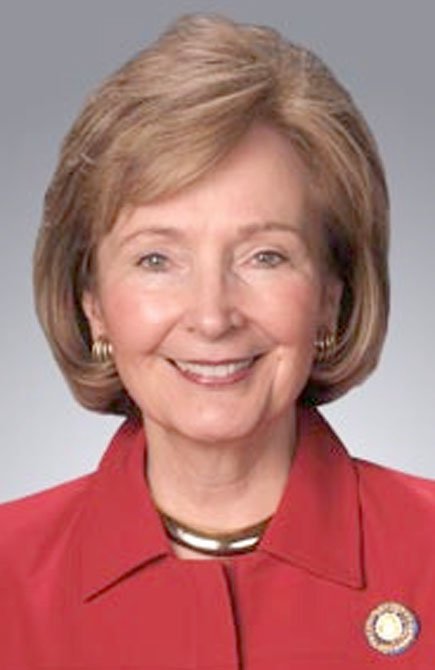LITTLE ROCK -- Virtually all of the discussion during the 2018 fiscal session of the legislature will be about the budgets in the categories commonly referred to as the "Big Six."
Fiscal sessions begin on the second Monday of February in even-numbered years. This year that is Feb. 12.
The "Big Six" categories are institutions of higher education, public schools, the Department of Human Services, the Department of Health, the Department of Correction and the Department of Community Correction.
Their budgets account for about 94 percent of general revenue spending, which is the state's main discretionary account. Almost all state general revenue comes from sales taxes and income taxes and amounts to more than $5.6 billion a year.
State government spends a lot more each year because it administers numerous programs funded by the federal government. Last year federal matching funds accounted for almost $10 billion in Arkansas.
Also, state government has several special revenue accounts, which come from dedicated taxes. The largest special revenue account comes from motor fuels taxes and fees on large trucks, which pay for highway construction and maintenance. Highway revenue makes up about 67 percent of all the state's special revenue accounts.
Other special revenues include fees and dedicated taxes that fund specific programs in the Insurance Department, Parks and Tourism, the Department of Environmental Quality and the State Police.
State officials and legislators also take into account cash revenue when they prepare and adopt budgets.
The single largest source of state cash revenue is tuition and fees paid by students at state-supported colleges and universities. Those cash revenues account for more than 95 percent of all cash revenue and amount to more than $5.8 billion.
State parks also collect fees that are considered cash funds, as do regulatory boards and commissions.
When all sources of state revenue were added up last year, including general revenue, federal matching funds, cash revenue and special revenue, they totaled almost $30 billion. The 35 senators and 100 representatives will distribute that money during the 2018 fiscal session, which will probably last 30 days.
Fiscal sessions can be extended by a 75 percent vote of both the Senate and House chambers, but under the constitution it can be extended only once, by no more than 15 days. Therefore, the longest a fiscal session can last is 45 days.
Only appropriation bills may be introduced. They authorize spending by state agencies. There is a mechanism for filing other types of bills, however, it is difficult to do and requires an extraordinary majority in both chambers to even introduce a non-appropriation bill.
Historically, the legislature met just every other year in odd-numbered years. They generally last about 90 days. Arkansas voters approved a constitutional amendment establishing yearly sessions, with the sessions in even-numbered years devoted solely to fiscal issues. Our first fiscal session was in 2010.
The major topic of controversy during this year's fiscal session is expected to be a familiar one -- renewed funding of the Medicaid program. Passage of the appropriation for Medicaid requires a 75 percent majority in both chambers. That means it needs support from 75 House members and 27 senators.
•••
Editor's note: Arkansas Senator Cecile Bledsoe represents the third district. From Rogers, Sen. Bledsoe is chair of the Public Health, Welfare and Labor Committee.
Editorial on 02/14/2018

